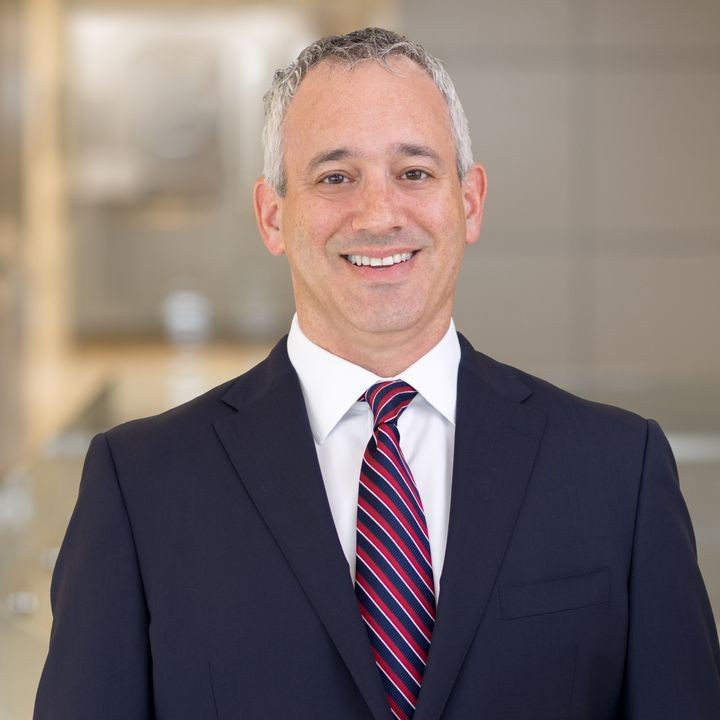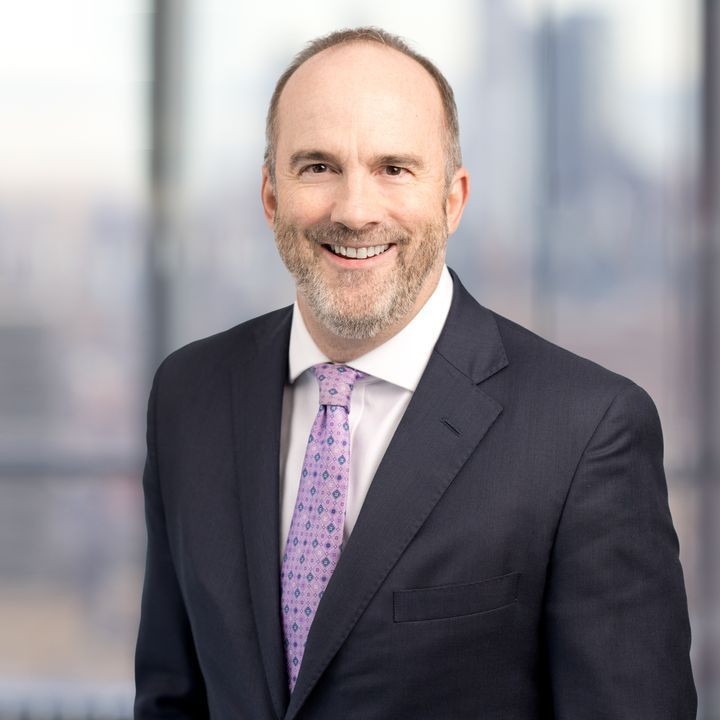Where Fraud Leads, We Will Follow: DOJ to Heighten Focus on Corporate Health Care Fraud, Health Care Executives, and Adequacy of Compliance
Client Alert | 3 min read | 04.19.16
Promising that the Department of Justice (DOJ) will “follow evidence of health care fraud wherever it leads, including into corporate boardrooms and executive suites,” Assistant Attorney General Leslie Caldwell staked out DOJ’s heightened efforts to pursue “large-scale corporate health care fraud” through both criminal prosecutions and civil enforcement actions. In an April 18, 2016 speech to the Health Care Compliance Association’s 20th Annual Compliance Institute, AAG Caldwell also warned health care companies against compliance regimes that are mere “paper programs,” and signaled that when misconduct comes to light, the quality and effectiveness of a company’s compliance program will be an important factor that prosecutors will consider in determining whether to bring criminal charges.
AAG Caldwell noted that while historically many of DOJ’s criminal fraud cases have focused on individual physicians, home health care providers, pharmacy owners and medical supply company executives, the Department is dedicating substantial resources to investigate “large-scale” corporate health care fraud. Late last year, the Criminal Division’s Fraud Section established a distinct Corporate Healthcare Fraud Unit comprised of veteran health care fraud prosecutors. These prosecutors review nearly every False Claims Act (FCA) lawsuit brought by qui tam relators nationwide for potential criminal investigation and prosecution. AAG Caldwell said that, among other factors, such a review will look particularly at “the severity or pervasiveness of any compliance failures, the involvement and culpability of individuals, and the availability and appropriateness of regulatory or civil enforcement action, as opposed to criminal prosecution.” Caldwell also promised to steer even more prosecutorial resources in that direction. Understandably, AAG Caldwell stressed the complementary efforts of DOJ’s Criminal and Civil Divisions in combating health care fraud and touted the range of tools to tailor “appropriate resolutions,” from restitution, financial penalties (potential treble damages in FCA cases), and federal program exclusion on the civil side to criminal prosecution of corporations and individuals.
For health care companies already navigating heavily regulated seas, facing parallel DOJ criminal and civil investigations can feel like weathering a hurricane in shark-infested waters. The Criminal Division’s devotion of substantial resources to examine whistle-blower qui tam complaints signifies an unprecedented commitment to more long-term criminal probes running in parallel to DOJ civil FCA investigations. This development, together with the Department’s renewed focus on individual accountability in corporate wrongdoing, as set out in a memorandum last year from Deputy Attorney General Sally Yates, can mean that for both companies and health care executives, finding their way through government health care fraud investigations will be even more fraught and more complex. On the other hand, DOJ Criminal Division review can also present an opportunity: in situations where a criminal prosecutor finds no merit – and that is frequent – experienced False Claims Act counsel can use that finding as part of an effort to persuade their Civil Division colleagues to reach the same conclusion and decline to intervene in the case. Parallel proceedings can be particularly difficult if criminal and civil prosecutors send inconsistent signals during the investigation. In a November 2015 update to DOJ internal policy, perhaps aimed in part to address such concerns, the Department directed closer coordination between the civil and criminal sides of the DOJ house and with other executive branch agencies.
To close out her speech, AAG Caldwell issued a call to arms (of sorts) to compliance officers and health care industry executives, and simultaneously issued a warning against lax compliance. Calling health care leaders and compliance professionals “the first line of defense against health care fraud,” Caldwell said they are often in the best position to identify potential waste and stop it before it rises to the level of criminality. At the same time, Caldwell warned that should a corporation find itself the target of a criminal investigation, the quality of its compliance program will be a key factor in determining whether charges will be filed. Prosecutors will look to see whether a corporation has a real culture of compliance, or just a “paper program,” whether it took concrete remedial steps after it uncovered the offending conduct, or turned a blind eye, whether compliance professionals were empowered to address problems or whether they were isolated and beleaguered. Summing up the mantra encouraging companies to regularly review and update their compliance regimes, Caldwell intoned, “[d]o not let them get stale.”
So, should AAG Caldwell’s speech spread panic in health care company executive suites, boardrooms and general counsel’s offices? Panic? No. Prepare? You’d better. As Caldwell suggests, preparing for the day of a government inquiry is a vital part of a sound compliance strategy, and the message from DOJ is clear: compliance matters, and it starts at the top of the company. And if the day comes that DOJ knocks, a company will need to respond nimbly to identify, address and mitigate any problems, and engage simultaneously with DOJ criminal and civil prosecutors and its host of regulators.
Contacts
Insights
Client Alert | 2 min read | 02.03.26
CMS Doubles Down on RADV Audit Changes
On January 27, 2026, the Centers for Medicare and Medicaid Services (CMS) released a Health Plan Management System (HPMS) memo that provided a long-awaited update on how the agency plans to approach previously announced Risk Adjustment Data Validation (RADV) audits for Payment Years (PY) 2020-2024. The memo is the agency’s most comprehensive statement on the subject since September 25, 2025, when the Northern District of Texas vacated the 2023 RADV Final Rule. The memo makes clear that, while CMS has made certain operational adjustments in response to concerns expressed by Medicare Advantage Organizations (MAOs), the agency is largely pressing forward with the accelerated audit strategy announced in May 2025.
Client Alert | 2 min read | 02.03.26
Sedona Model Jury Instructions for DTSA: A Step Forward—But Questions Remain
Client Alert | 7 min read | 01.30.26
CMS Proposes CY 2027 Growth Rate and Changes to Risk Adjustment for Medicare Parts C and D
Client Alert | 4 min read | 01.30.26
Optimum’s Shot Across the Bow: An Antitrust Challenge to Cooperation Agreements







